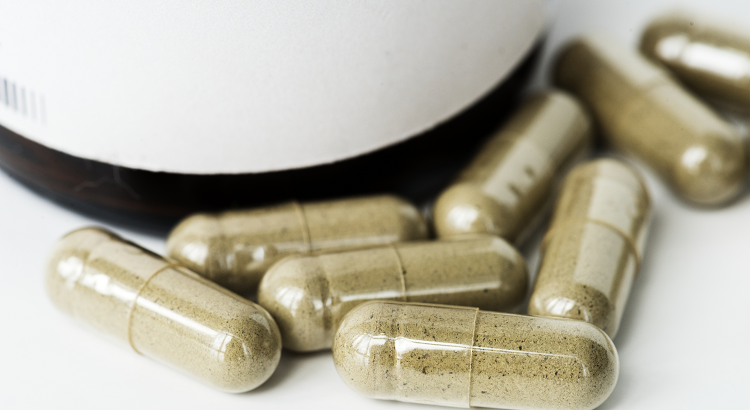Collagen supplementation has been gaining popularity over the last few years. Some claims suggest there are benefits for the skin in anti-aging, prevention of bone loss, relieving joint pain and increasing muscle mass, to name a few.
What is collagen?
Collagen is the most abundant protein in our bodies, making up much of our muscles, cartilage, tendons, ligaments and skin. Collagen functions include tissue repair and maintenance, cellular communication and immune responses.
As we age, our collagen production slows and becomes fragmented, leading to reduction in bone strength and signs of aging. Too much sun exposure also increases this natural decline in the skin.
Food sources of collagen
Collagen is found naturally in animal foods such as meat, poultry, fish, eggs and bone broth. However, a vegetarian diet high in plant-based proteins will also provide the essential amino acids (the building blocks of proteins) to build collagen.
For collagen production, it is important to also consume foods with vitamin c, zinc and copper; this includes citrus, bell peppers, broccoli, whole grains, nuts and seeds.
Excessive alcohol intake, smoking and a diet high in ultra-processed foods pose a negative effect on collagen repair.
Collagen supplementation
Collagen supplements are made from cows, pigs, chicken and fish parts. If you are a vegan or vegetarian, supplements are available made from yeast and bacteria, but evidence is lacking that these supplements will have the same results.
Most forms of supplementation are hydrolyzed, meaning it is broken down for easy absorption and are available in powder, capsule and liquid form.
Collagen supplements may be more easily absorbed compared with whole food sources, but research is still ongoing.
Be mindful that the U.S. Food and Drug Administration does not regulate supplements; they could contain heavy metals and toxins, such as arsenic and lead. According to an article in Consumer Reports, the Clean Label Project found that 64% of the 28 collagen supplements tested had detectable levels of arsenic, one-third tested positive for lead and 17% detected cadmium.
The Evidence
There is evidence that consumption of collagen ranging from 3-10 grams per day will enhance skin elasticity and hydration, but reductions in acne and or other skin conditions are not supported by evidence at this time.
Evidence also supports collagen supplementation for joint pain and inflammation and possibly for an increase in bone mineral density for the prevention of osteoporosis, but more human studies are needed.
Research shows collagen taken for increased muscle mass is effective; however, a whey protein supplement will produce better results, as it has more effective muscle-building amino acids.
Our bodies process and break down animal proteins and collagen supplements in the same way, and there is no guarantee the collagen will end up exactly where you want it to. Eating a Mediterranean-style diet in conjunction with weight-bearing and resistance exercises regularly throughout life will ensure adequate collagen for the body. The good news is collagen supplementation appears to pose no adverse side effects in short-term studies, and there are potential benefits for anti-aging, joint pain and the prevention of osteoporosis.
Bridgette Hamby, R.D.N., is the community nutrition educator in the Tevis Center for Wellness.
